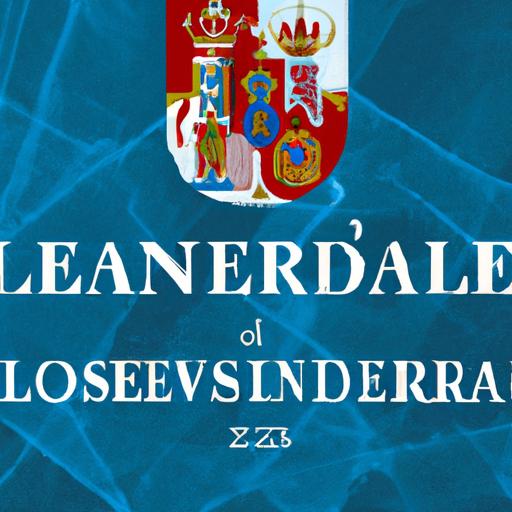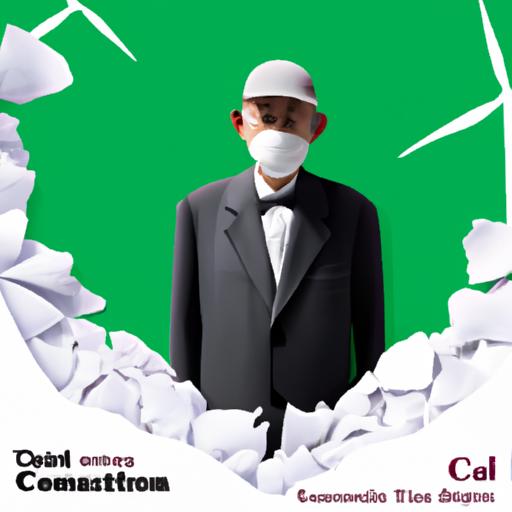In a whirlwind of political excitement and ambition, Macronism burst onto the scene with promise and innovation. From humble beginnings to the heights of power, the movement captivated the nation with its vision for a new era of French politics. However, as quickly as it rose, the dazzling facade began to crack, revealing the fragility of its ideals and the challenges of realpolitik. Join us as we explore the spectacular rise and fall of Macronism, and the lessons learned along the way.
The Origins of Macronism: A New Political Movement in France
Emmanuel Macron’s political movement, known as Macronism, burst onto the scene in France with all the fanfare of a political revolution. Born out of a desire for fresh leadership and a break from traditional party politics, Macron promised to shake up the status quo and bring a new vision for the country. His election in 2017 as the youngest French president in history marked the peak of Macronism’s popularity, with promises of economic reform, social progress, and a focus on Europe.
However, as time passed, the shine of Macronism began to fade. Promises were left unfulfilled, protests erupted over economic policies, and Macron’s image as a “president of the rich” began to solidify. The movement’s failure to connect with everyday citizens and address their concerns led to a decline in support and a growing disillusionment with Macron’s leadership. The rise and fall of Macronism serves as a cautionary tale of the difficulty in maintaining momentum and political success in the face of shifting public opinion.
Macron’s Political Achievements and Reform Agenda
Emmanuel Macron swept into power in 2017, promising a new era of reform and change in French politics. His early years as President saw the implementation of several key reforms, including labor market deregulation and tax cuts for businesses. Macron’s pro-European stance also led to increased cooperation within the EU, as well as efforts to combat climate change through initiatives like the Paris Agreement.
However, as time went on, Macron’s popularity began to wane. The Yellow Vest protests that erupted in late 2018 were a clear sign of growing discontent with his policies, particularly among working-class citizens. While Macron has made efforts to address these concerns, such as increasing the minimum wage and pension reforms, his once-dazzling political achievements now face the challenge of maintaining momentum amidst a changing political landscape.

Challenges and Criticisms Faced by Macronism
One of the major criticisms faced by Macronism is the perception that it caters primarily to the wealthy and elite, leaving behind the working class and marginalized communities. Critics argue that Macron’s economic policies, such as tax cuts for the wealthy and labor reforms that make it easier to hire and fire employees, only serve to widen the gap between the rich and the poor. This has led to widespread protests and strikes, most notably the Yellow Vest movement, which has challenged Macron’s commitment to addressing income inequality and social justice issues.
Another challenge facing Macronism is the perception that Macron himself is out of touch with the concerns and needs of the French people. His aloof demeanor and technocratic approach to governance have alienated many voters, who see him as distant and disconnected from their everyday struggles. This lack of empathy has fueled criticisms that Macron is more concerned with his image and popularity on the world stage than with solving the real problems facing France. As Macronism continues to face these challenges and criticisms, the future of Macron’s political agenda remains uncertain.

The Future of Macronism: Rebuilding Support and Political Success
Despite its initial promise and popularity, Macronism has faced numerous challenges and setbacks in recent years. The movement, which was once seen as a beacon of hope and change in French politics, has struggled to maintain its support and political success. The dazzling rise of Emmanuel Macron to the presidency was followed by a series of controversies, protests, and criticisms that have tarnished the image of Macron and his government.
However, all hope is not lost for Macronism. In order to rebuild support and regain its political footing, it is crucial for the movement to address the concerns and grievances of the French people, while also staying true to its core values and principles. By focusing on key issues such as economic reform, social justice, and national security, Macronism can once again become a force to be reckoned with in French politics. With a renewed sense of purpose and determination, Macron and his supporters have the potential to turn the tide and secure a bright future for the movement.
Final Thoughts
As we look back on the tumultuous journey of Macronism, we are reminded of the fleeting nature of political movements and the unpredictable twists and turns of history. From the initial spark of hope to the harsh realities of governance, the rise and fall of Macronism serves as a cautionary tale of the challenges and complexities of modern leadership. As we ponder the lessons learned from this rollercoaster ride, we are left to wonder what the future holds for France and its people. Will Macronism be remembered as a bold experiment that ultimately fell short, or as a catalyst for lasting change in the political landscape? Only time will tell. But one thing is certain – the story of Macronism will remain etched in the annals of French history, a testament to the power and perils of ambition in the pursuit of progress.



